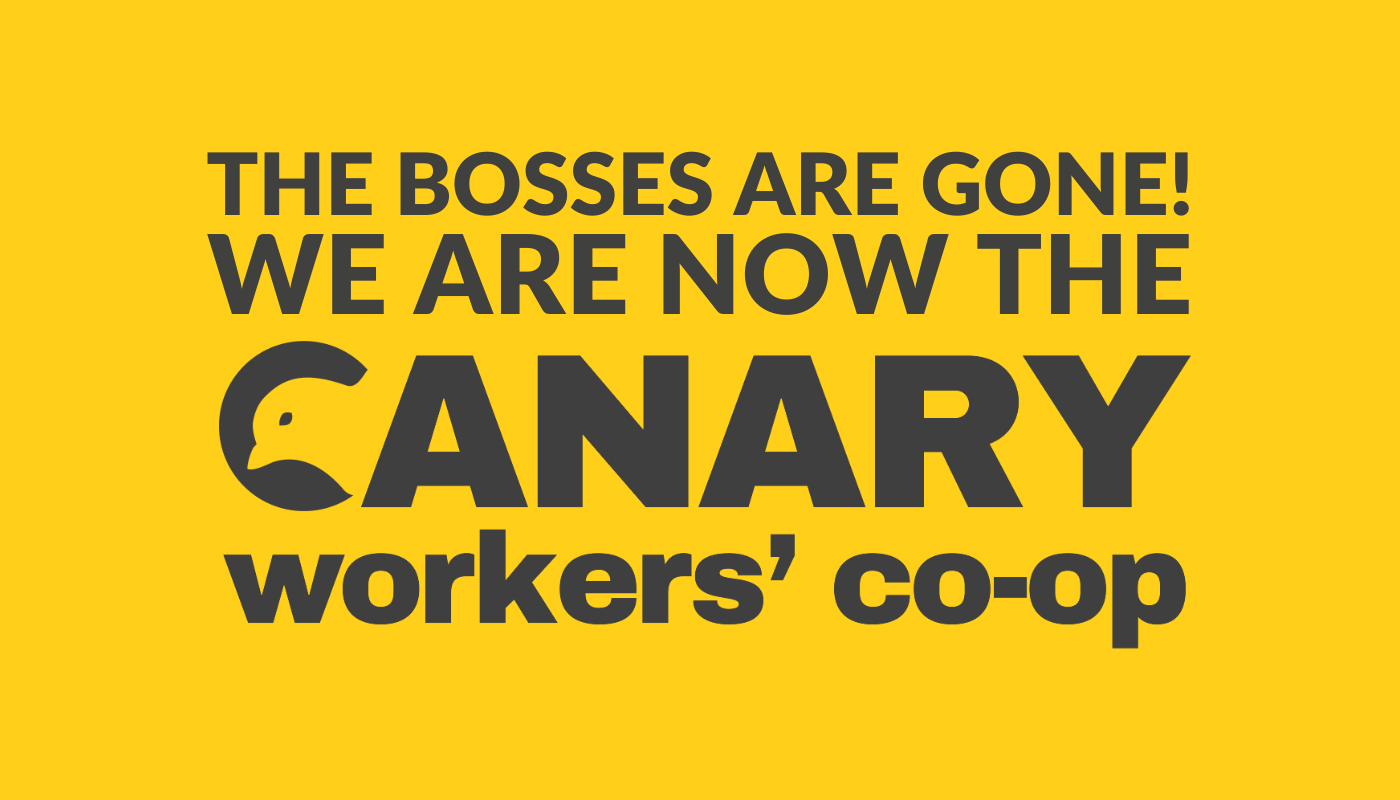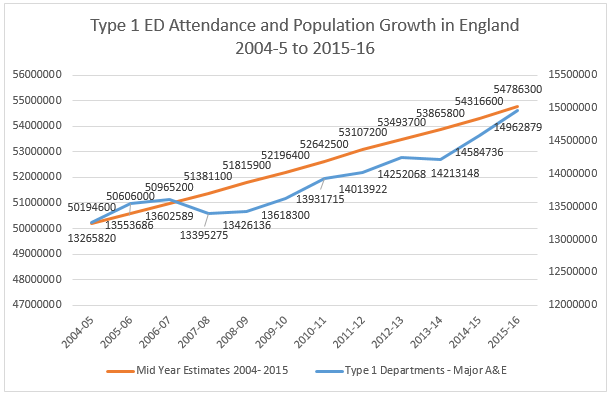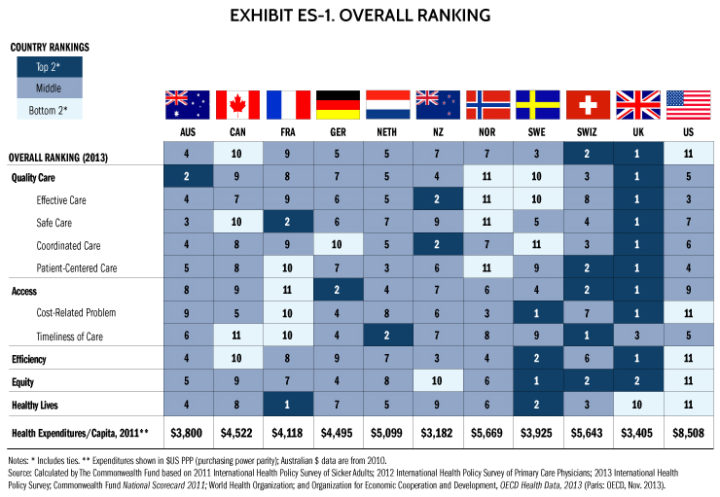From the archives: we need to talk about what happened on BBC …
The Canary is looking back at some of its most-read content. Here, in February 2017 we took aim at Newsnight over one of its guests. This article was read by over 500,000 people.
Last night, BBC Newsnight featured a segment on the NHS in which cancer specialist Dr Karol Sikora called the health service "the last bastion of communism". While dissenting views on the NHS are fine, it is important to know the financial interests and background of the speaker. Sikora has financial interests in privatising the NHS, and that's just the tip of the iceberg.
The NHS attack on BBC Newsnight
The NHS segment opens with Sikora introduced only by name.
There is no mention of his experience, or interests. He launches into the standard argument for privatising the NHS. He claims that while it was a laudable idea, it has become a "religion".
That is now unsustainable and needs to be challenged.


And here's tonight's #viewsnight..."The NHS is the last bastion of communism" - cancer specialist Karol Sikora 2/2 pic.twitter.com/12KGNrOsMi[2][3] -- BBC Newsnight (@BBCNewsnight) February 22, 2017[4]
Read on...
Support us and go ad-freeSikora's view, and his right to share it, is entirely legitimate. And yes, BBC Newsnight is right to share differing views.
But what is critical is that we know the background of the person sharing those views, and if they have arrived at their view objectively. In Sikora's case, he is effectively being granted a platform to lobby for his personal financial interests.
Who is Karol Sikora?
Sikora is the Medical Director of private health firm Proton Partners Ltd[6], based in the tax haven of the Bahamas. He took part in a series[7] of anti-NHS attack ads for the US Republican Party aimed at killing off President Obama's healthcare plans.
In the videos, it is claimed that NHS rationing boards routinely deny life-saving care to vulnerable British patients. This is lobbying.
Sikora also has links with the Prince Charles Foundation for Integrated Medicine (FIM). The foundation promoted the Prince's somewhat left-field views on alternative medicine. And Sikora has been accused[8] of exploiting the vulnerability of desperately ill people, in order to promote expensive bogus therapies like homeopathy.
Ultimately, FIM was shut down after its finance director stole[9] more than GBP250,000 from the charity. But the scheme was reborn as the College of Medicine[10] just months later. Imperial College London also took legal advice[11] after Sikora made repeated public claims that he holds an honorary professorship at the prestigious institution.
He does not. Viewers, however, were quick to spot the issue.
Karol Sikora has private interests in Bahamas, private UK healthcare and UK's only private med school. Why no mention of these COIs, BBC? https://t.co/eiHlR9iwi8[12]
-- Rachel Clarke (@doctor_oxford) February 21, 2017[13]
This guy was sued by ICL for falsely claiming to be an oncologist there -- self-compassion fatigued (@dosserhughes) February 22, 2017[14]
I like the way the blame is put on over 65's who hardly pay any tax - is he not aware they've paid in for 50+ yrs -- LCurtis ? (@curtislauraj) February 22, 2017[15]
But is Sikora right?
Even if Sikora had a natural bias, he might also be right.
Sikora claims the NHS is unsustainable as a taxpayer-funded system, due to rising demand and technological advancement. Is this true? Has there been an unsustainable rise in demand?
No. Demand has risen in line with population growth. 

As The Canary's John Nedham writes[16]: In short, it defies logic to claim, as the population grows and the average age increases, that a rise in demand for medical services has come as a surprise. Whatever the assorted word-jugglers and political spin doctors might like you to believe, if there are more people there will be more patients.
And those patients' expectations are no more unreasonable than they have ever been. Then why is the NHS in crisis? The government chose to underfund the service, providing it with less money than it required.
The crisis was entirely predictable. Responding to the government's 10-year budget forecast in 2015, the King's Fund warned[17]: The ten years up to 2020/21 are likely to see the largest sustained fall in NHS spending as a share of GDP in any period since 1951.
As a result the NHS is struggling to meet its obligations to patients. What makes this all the more unnecessary is that the funds the NHS requires are entirely affordable. In 2014, the Commonwealth Fund[18] still judged the NHS the best healthcare system in the world, and the most cost effective too.


The secret to a decent NHS
Any analysis of the NHS which neglects the impact of debt-laden PFI[19] hospitals and chronic underfunding is at best incomplete, and at worst dangerous. It allows politicians and the media to scapegoat patients, staff, and the concept of the NHS itself, rather than take responsibility for a crisis of their own making. The UK has a GDP (amount of wealth we produce each year) of over GBP2tn[20] a year.
The NHS costs us just GBP116bn[21]. UK citizens pay less money, for better care, than almost any other healthcare system in the world. Sikora argues we can't afford to keep the NHS.
The truth is, we can't afford not to. Get Involved! - Read[22] more Canary articles on the NHS, and more from The Canary's Health[23] section.
- Support the Save Our NHS campaign[24], and other NHS campaigns.
Featured image via YouTube Screengrab[25]
Support us and go ad-free[1][5][26]